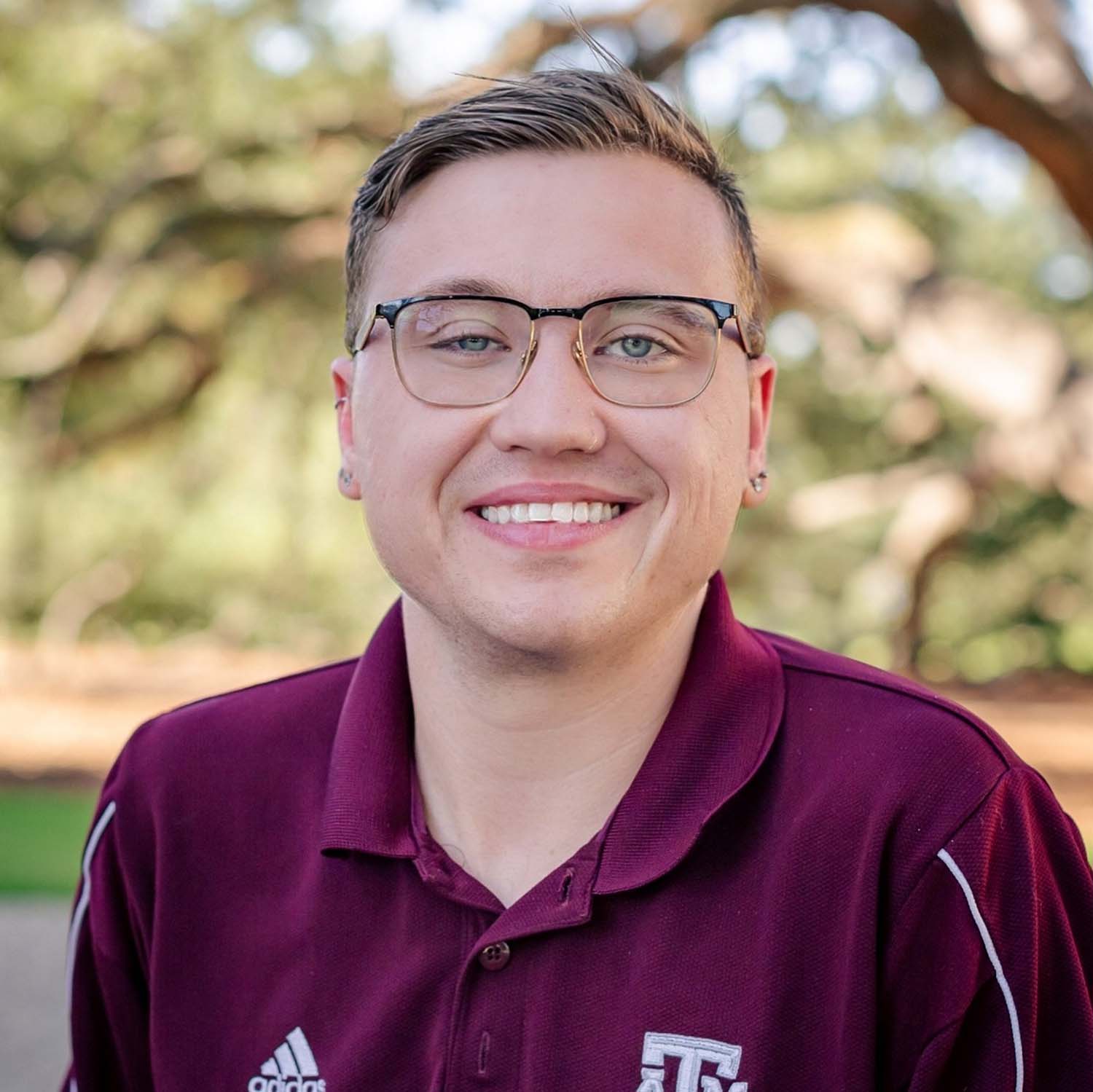Through different programs within the Department of Education, the Individuals with Disabilities Education Act authorizes funding that can provide doctoral students with valuable training in special education research. These different funding mechanisms work independently or, in some cases, can be leveraged to work synergistically. The Office of Special Education Programs (OSEP) provides support for doctoral-level students The Office of Special Education Programs (OSEP) provides support for doctoral-level students through grant programs that are part of the Personnel Development to Improve Services and Results Program to help prepare future faculty, researchers, and administrators for leadership positions. Through this program, OSEP awards funds to institutions of higher education to provide doctoral students (OSEP Scholars) with advising, mentorship, and research experience. In exchange for service to the field following graduation, scholarships may cover such student expenses as tuition and fees, health insurance, books, supplies, and research-related expenses.
IES grants allow faculty to hire doctoral students on their NCSER-funded research projects, providing another potential avenue for these students to obtain research experience. Sometimes OSEP Scholars receive their research experience and mentorship through work on NCSER-funded research projects, as either their primary research focus or an additional research training opportunity. When this occurs, the benefits of both funding sources can provide students with opportunities to apply their training and knowledge in true research settings under the guidance of seasoned researchers.
In a new blog series, we will interview doctoral students who participate in both kinds of federally funded opportunities to better understand the unique contributions of each and how the two funding sources complement one another. We asked each doctoral student to tell us about their experience as an OSEP Scholar, their work on IES-funded grants, the synergy between their OSEP supports and NCSER grant work, and how they believe these experiences will help them achieve their career goals.
Matt Klein, Texas A&M University

I am in my third year as an OSEP Scholar, supported through the Research Interventions in Special Education (RISE) Scholars Network—a partnership among Texas A&M University, the University of Nebraska-Lincoln, and the University of Tennessee, Knoxville to train future faculty in special education. This program has provided me with access to numerous learning experiences, including the opportunity to collaborate with high-caliber doctoral students, work with leading researchers at multiple institutions, and take research method courses that would otherwise not be available to me. The funding and tuition coverage that I receive as an OSEP Scholar has allowed me to focus on my studies and research without worrying about needing to take outside employment that may be unrelated to my training in education research.
I also work on an IES-funded meta-analysis project that looks at augmentative and alternative communication interventions for children with autism and/or intellectual disabilities. I love this project because I had worked as a teacher for children with autism. Currently, I code the data from the articles that are included in the analysis. This process has certainly been a learning experience, but it is so much fun because I read about interesting research that serves as inspiration for my own future work.
My work on the IES project and my experience as an OSEP Scholar inform one another. I began my doctoral program as a research assistant on the IES-funded project, and in my second year I became an OSEP Scholar. During my first year, I gained valuable research experience while working on the meta-analysis. This experience was crucial in my second year when, as an OSEP Scholar, I took a class on systematic review with intervention studies. My training as an OSEP Scholar has, in turn, given me the tools to lead a sub-project on the IES-funded meta-analysis.
Although I am still considering my future career goals, ideally, I would like to conduct research on interventions that can be used to support advocacy for play-based learning opportunities for children with disabilities. The research experience I receive as an OSEP Scholar and through IES-funded research will help build my knowledge base. The ongoing collaboration with other OSEP Scholars provides a natural forum for me to develop and refine research ideas as well as build a professional network for future collaborations even before I graduate.
Taydi Ray, Vanderbilt University

I’m a first-year doctoral student, supported by an OSEP-funded training grant—Preparing Leaders to Unify Social, Behavioral, and Communication Interventions for Toddlers (Project PLUS-BC)—a cross-site collaboration between Vanderbilt University and the University of Washington to prepare scholars for leadership roles in early childhood special education with a focus on toddler language and social-emotional development. My short time as an OSEP Scholar has allowed me to visit our partner site, attend national conferences, and participate in a cross-site prenatal-to-three seminar. The training grant has also covered school-related expenses, such as tuition and a stipend I used to purchase a new computer. The project provides mentorship, training, and research opportunities with faculty from both universities.
EMT en Español, an IES grant, introduced me to academia before I became an OSEP Scholar. This efficacy trial strives to improve language and school readiness skills for Spanish-speaking toddlers. I joined the research team in May 2022, primarily serving as an interventionist to deliver a naturalistic language intervention, Enhanced Milieu Teaching (EMT), and train caregivers to use the strategies, too. This project was an excellent introduction to special education research.
Although I continue to work on this project, as a current OSEP Scholar, my primary research efforts and training occur through another IES-funded project—Toddler Talk. Toddler Talk aims to improve language development in toddlers at high risk for persistent developmental language disorders and poor social and academic outcomes. I currently serve as a data collector for this project, which entails learning, administering, and scoring classroom-based assessments with teachers and toddlers. I have enjoyed this unique opportunity to engage in classroom research.
Before pursuing a doctoral degree, I worked as a bilingual speech-language pathologist (SLP) in schools. I would love to combine my background in speech pathology with my budding knowledge of special education research by serving as a faculty member in a communication disorders program. Ultimately, I hope to prepare future SLPs to confidently work with culturally and linguistically diverse children with disabilities and their families. I believe that my work on Project PLUS-BC, Toddler Talk, and EMT en Español will prepare me to be a well-rounded leader in special education.
Both OSEP and NCSER provide student scholars access to a variety of experiences that include training in research methodology and opportunities to apply this knowledge and build skills within current research projects. These opportunities can comprehensively prepare doctoral students to be future leaders who will contribute to meaningful research and teach the next generation of teachers, interventionists, and providers to use evidence-based practices to serve and support children with disabilities in their communities. Thank you to Matt and Taydi for sharing their experiences as OSEP Scholars working with research supported by NCSER. NCSER looks forward to seeing the future impact you will have in your field!
This blog was written by Shanna Bodenhamer, virtual student federal service intern at NCSER and doctoral candidate at Texas A&M University. Shanna is also an OSEP Scholar through RISE. Sarah Allen manages OSEP’s Personnel Development to Improve Services and Results Program.